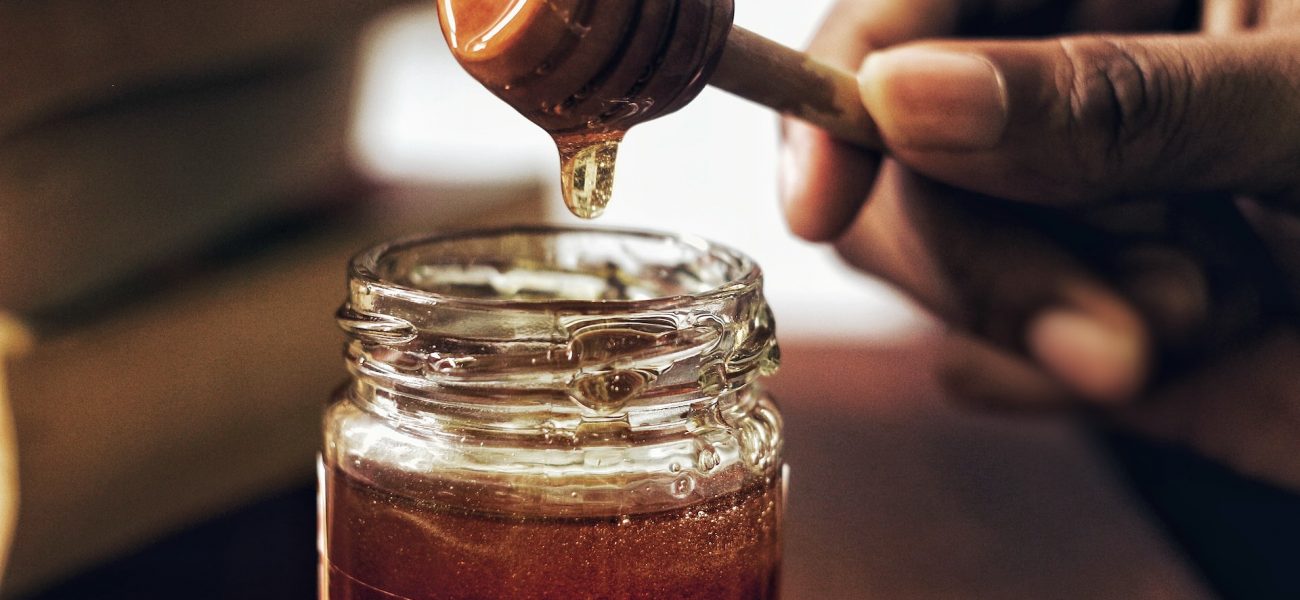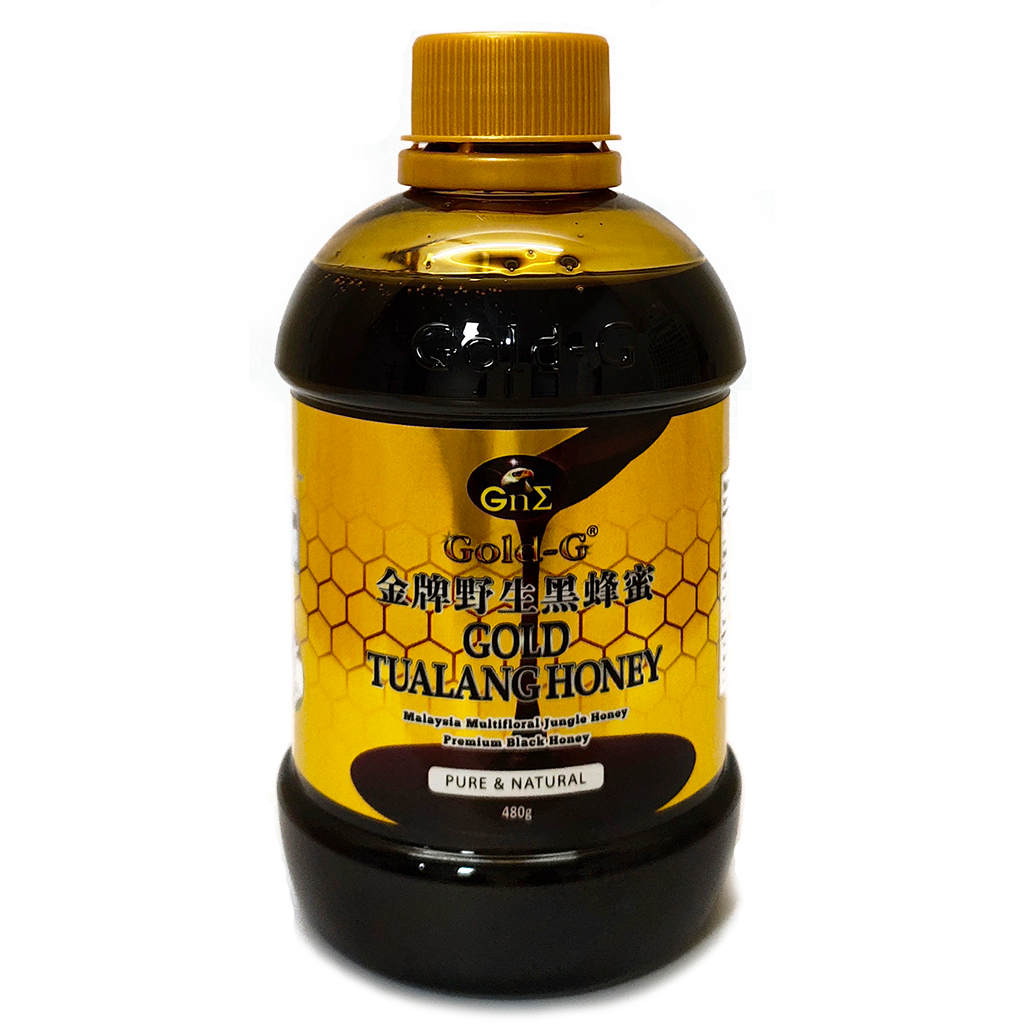1. Honey stored in sealed containers can remain stable for decades and even centuries!
Honey is a natural sweetener produced by bees from plant nectars and plant secretions, and is the only natural product that is made from insects for human consumption. Honey no needs to be refrigerated, and it can be stored at room temperature in a dry place. Honey that is stored incorrectly will not last as long.

2. Honey is sweeter than table sugar when it has higher fructose to glucose ratio.
Honey is composed primarily of the sugars glucose and fructose, where these sugars made up 70 – 80% of the honey; its third greatest component is water, which is about 15 – 20%. On average, most honey is 1 to 1.5 times sweeter than sugar.
3. In general, dark-colored honey has higher phytochemicals and minerals content compared to lighter honey.
Besides glucose and fructose, honey also contains other sugars, acids, proteins, phytochemicals, and minerals. The amount of these nutritional compounds depends largely upon the floral source and variety of the honey.
4. Honey will crystallize over time. Crystallization is the natural process by which the glucose in honey precipitates out of the liquid honey. The crystalized honey still can be consumed. You can return the crystalized honey to liquid form by gently warming and stirring it. However, do not overheat or boil it as that will degrade its color and flavor, and even destroy certain nutrients in it.
5. Not everyone is suitable to eat honey. Even though honey is a natural sweetener that may bring beneficial effects to the body’s health, there are certain people that are not suitable to consume honey, such as infants under 1 year of age, diabetic patients, gout patients, and people with a poor digestive system.

- Honey is not suitable for infants under 1 year of age. Honey is a potential source of C. botulinum spores, and infants are susceptible to infant botulism until their intestinal microflora develop.
Honey may not suitable for diabetic patients. However, this does not means they cannot consume honey at all, as honey contains sugars like glucose and fructose that can increase blood sugar levels if consumed in higher doses. So it is advised to consult a doctor/nutritionist to help in controlling glucose intake.
- Honey is not suitable for gout patients. Honey contains fructose which may increase the uric acid level. Uric acid can form painful crystals in the joints causing gout. Hence, people with hyperuricemia or gout should avoid honey, or consume it in moderation.
- Honey may not suitable for people with a poor digestive system. This is because honey contains an excess amount of fructose which may lead to incomplete fructose absorption and may worsen digestive issues like gas, diarrhea, and bloating.
Gold-G® Health Food Series
Gold-G® Gold Tualang Honey is a raw and natural honey produced by the Asian Rock Bee, Apis dorsata. It is 100% pure and undergoes minimal processing, with only straining to remove larger particles such as bees, leaves, and honeycomb flakes. It is then directly bottled in a GMP certified factory, allowing it to retain its natural friendly bacteria, propolis, pollen grains, phytonutrients, phenolic acids, and flavonoids. In addition to its natural taste and aroma, it offers higher nutritional value and stronger therapeutic effects compared to processed honey!
Click the link below for direct purchase.
References:
- National Honey Board. Honey: A Reference Guide to Nature’s SweetenerHoney:. Honey.com. https://honey.com/images/files/Detailed-Nutrition-Information.pdf
- Samarghandian S, Farkhondeh T, Samini F. Honey and Health: A Review of Recent Clinical Research. Pharmacognosy Res. 2017;9(2):121-127. doi:10.4103/0974-8490.204647
- Alvarez-Suarez JM, Gasparrini M, Forbes-Hernández TY, Mazzoni L, Giampieri F. The Composition and Biological Activity of Honey: A Focus on Manuka Honey. Foods. 2014; 3(3):420-432. https://doi.org/10.3390/foods3030420
- https://www.1mg.com/ayurveda/honey-13
- National Honey Board. Honey: A Reference Guide to Nature’s SweetenerHoney: A Reference Guide to Nature’s Sweetener. Honey.com. https://honey.com/images/files/Detailed-Nutrition-Information.pdf
- https://www.healthline.com/health/gout-and-sugar
- https://www.healthline.com/nutrition/honey-for-ibs#fodmap-status
This website does not provide medical advice. The content of this website, such as graphics, images, text and all other materials, is provided for reference and educational purposes only. The content is not meant to be complete or exhaustive or to apply to any specific individual’s medical condition. Always seek the advice of your doctor or other qualified health provider regarding a medical condition.





